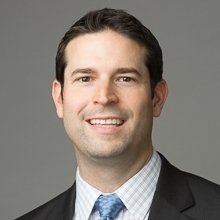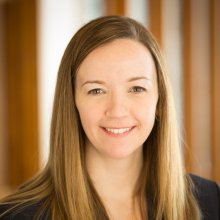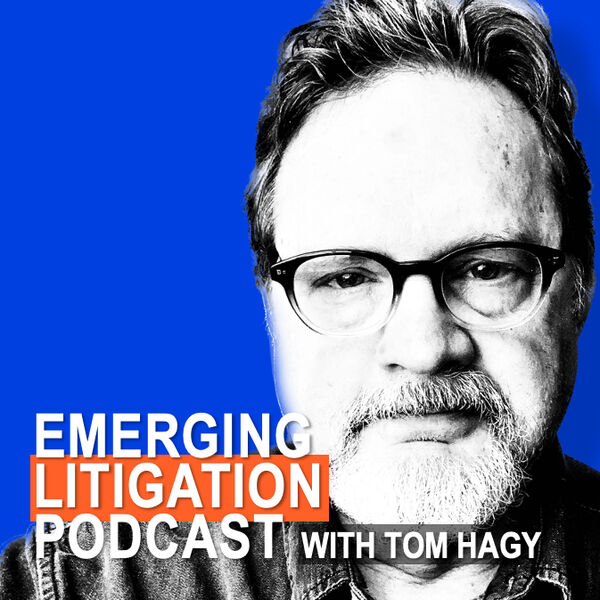Artificial Intelligence Meets Copyright Law with Ryan Phelan and Tiffany Gehrke
Concepts: Artificial Intelligence; Copyright Law
What are the implications of recent court decisions for artificial intelligence systems trained on copyrighted materials?
In this episode I get to speak with two repeat veteran guests of the podcast about two important cases dealing with fair use analysis in the context of large language model training.
Here are a couple of highlights:
• Courts found AI training to be “transformative use” because the process changes the works significantly through tokenization and processing.
• Judges distinguished between legally obtained training data (dismissed claims) and pirated training data (allowed claims to proceed).
• Both judges signaled that if plaintiffs had focused on AI outputs reproducing substantial portions of their works, outcomes might have been different.
• The transformative nature of AI training was deemed significant enough to qualify as fair use even for commercial enterprises
• One judge noted that if copyrighted works are essential for training models worth “billions, if not trillions,” developers must find ways to compensate copyright holders.
About Our Guests
Ryan Phelan and Tiffany Gehrke are recognized thought leaders in emerging technology law and artificial intelligence. Both are partners at Marshall, Gerstein & Borun LLP and returning guests on the Emerging Litigation Podcast.
Ryan has written extensively on digital innovation, including intellectual property issues related to cutting-edge AI systems. He is the moderator of PatentNext, a blog focused on patent and IP law for next-generation technologies. We based our discussion on his excellent article about copyright law meeting AI, titled U.S. District Court Issues First Decisions on AI Model Development and Copyright Fair Use. Ryan holds a J.D. from Northwestern Pritzker School of Law and an MBA from Northwestern’s Kellogg School of Management.
Tiffany is known for her expertise in intellectual property and technology policy, and for advocating balanced, ethical approaches to AI regulation. She chairs Marshall Gerstein’s Trademarks and Copyrights Practice. Before entering law, she worked as a software engineer. Tiffany earned her J.D. from Loyola University Chicago School of Law.
Together, they bring deep practical insight and academic rigor to the evolving legal landscape surrounding artificial intelligence.
I appreciate them returning to the podcast and sharing what they know!
As always, if you have comments or wish to participate in one our projects please drop me a note at Editor@LitigationConferences.com.
Tom Hagy
Litigation Enthusiast and
Host of the Emerging Litigation Podcast
Home Page
LinkedIn
Want to appear on the Emerging Litigation Podcast?
Send us your idea!
It might even make this man smile. “But I am smiling here.”
No. No he’s not.



